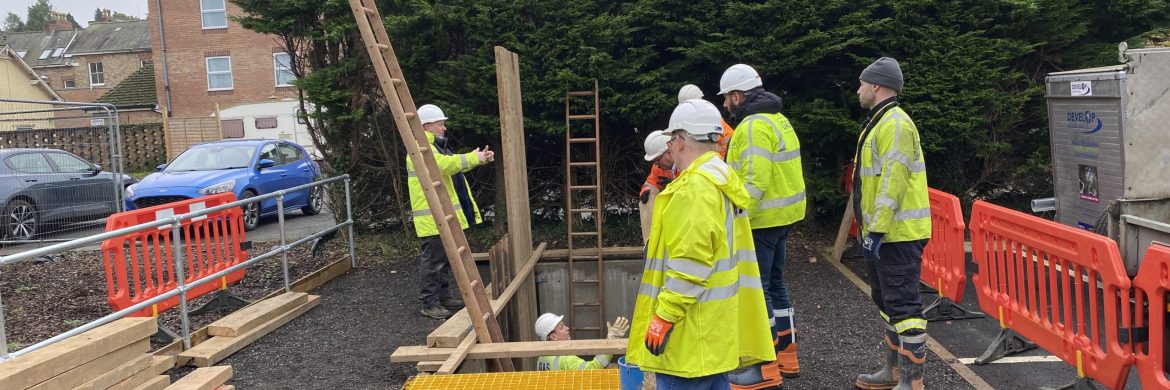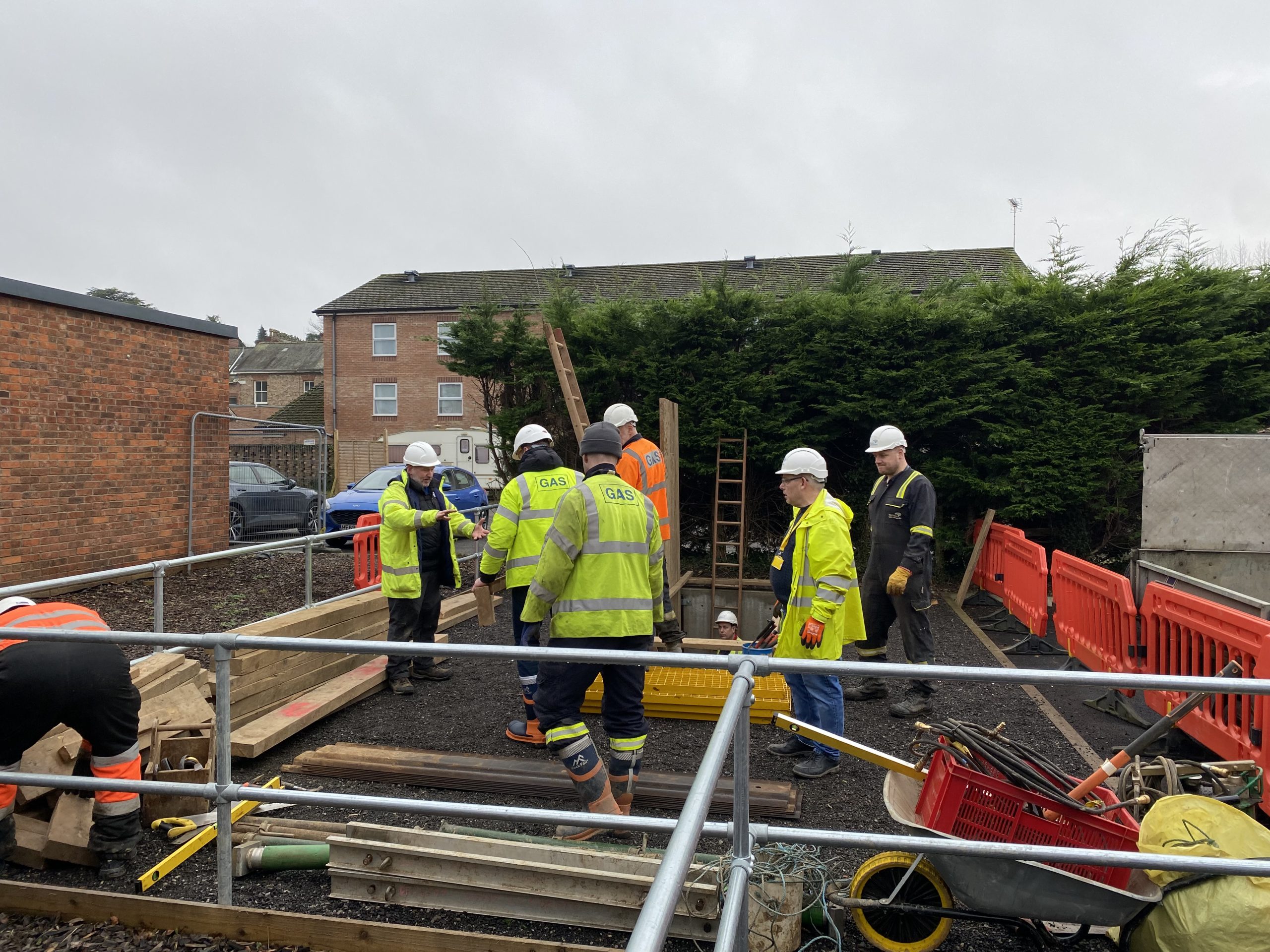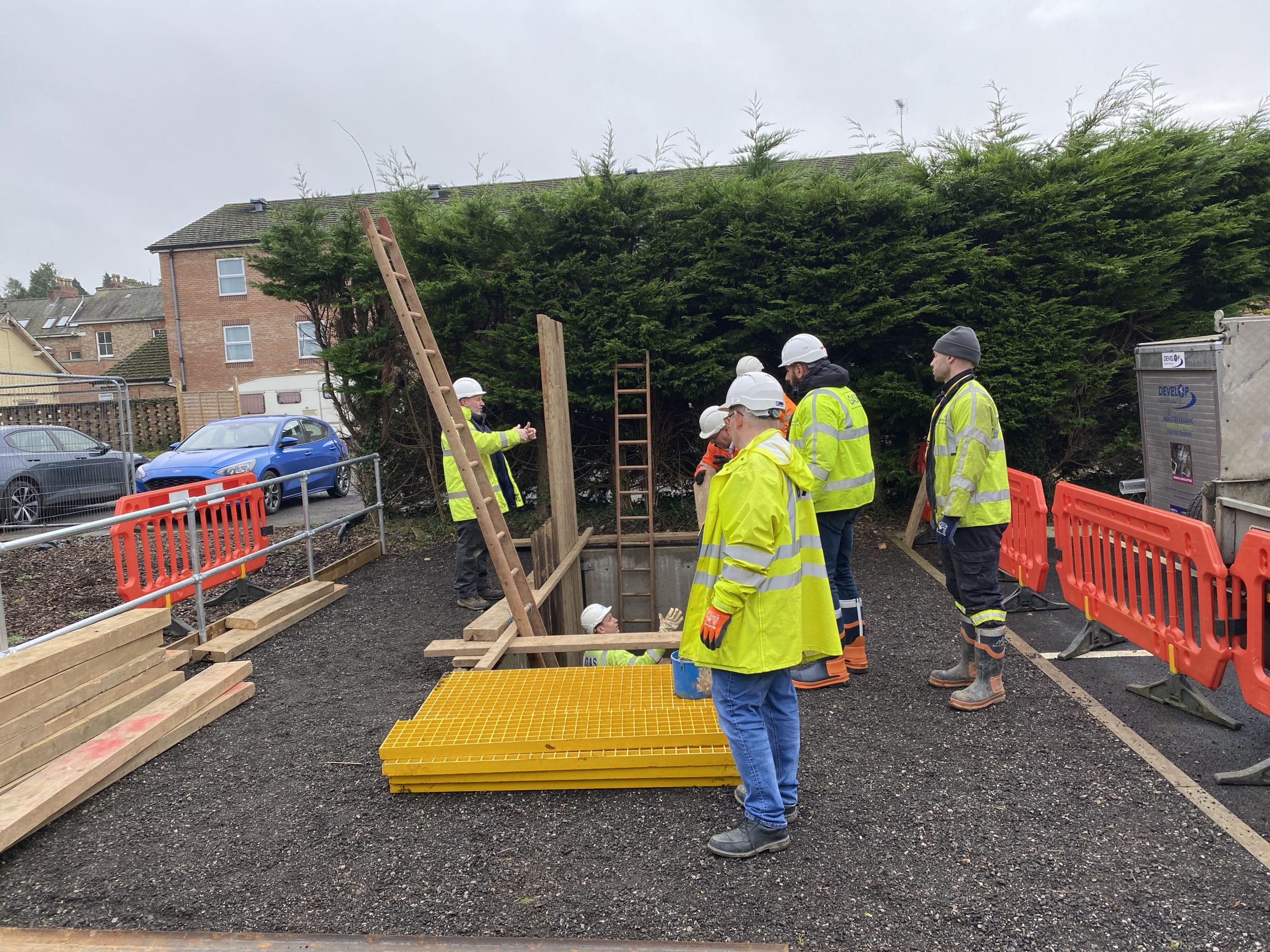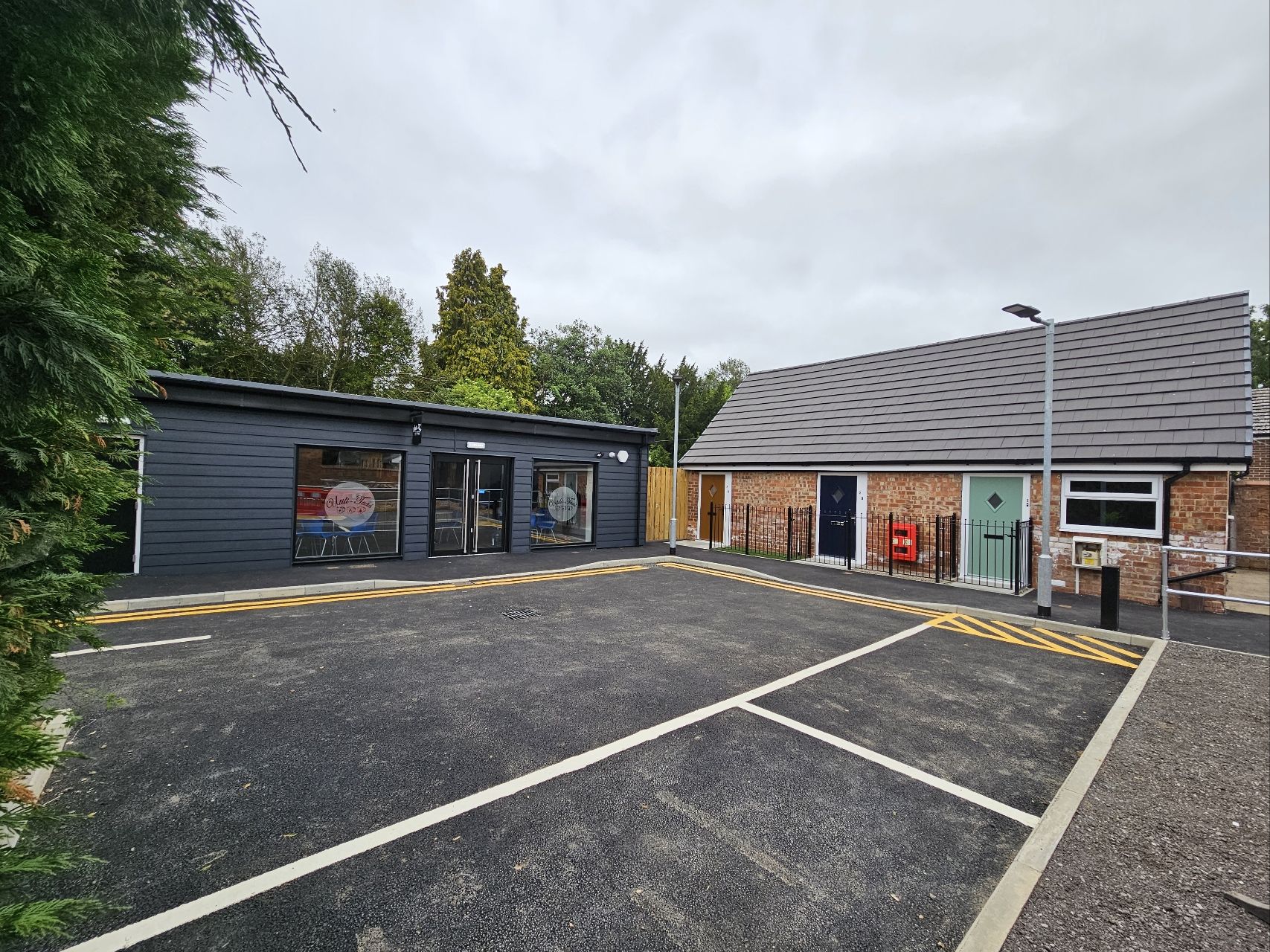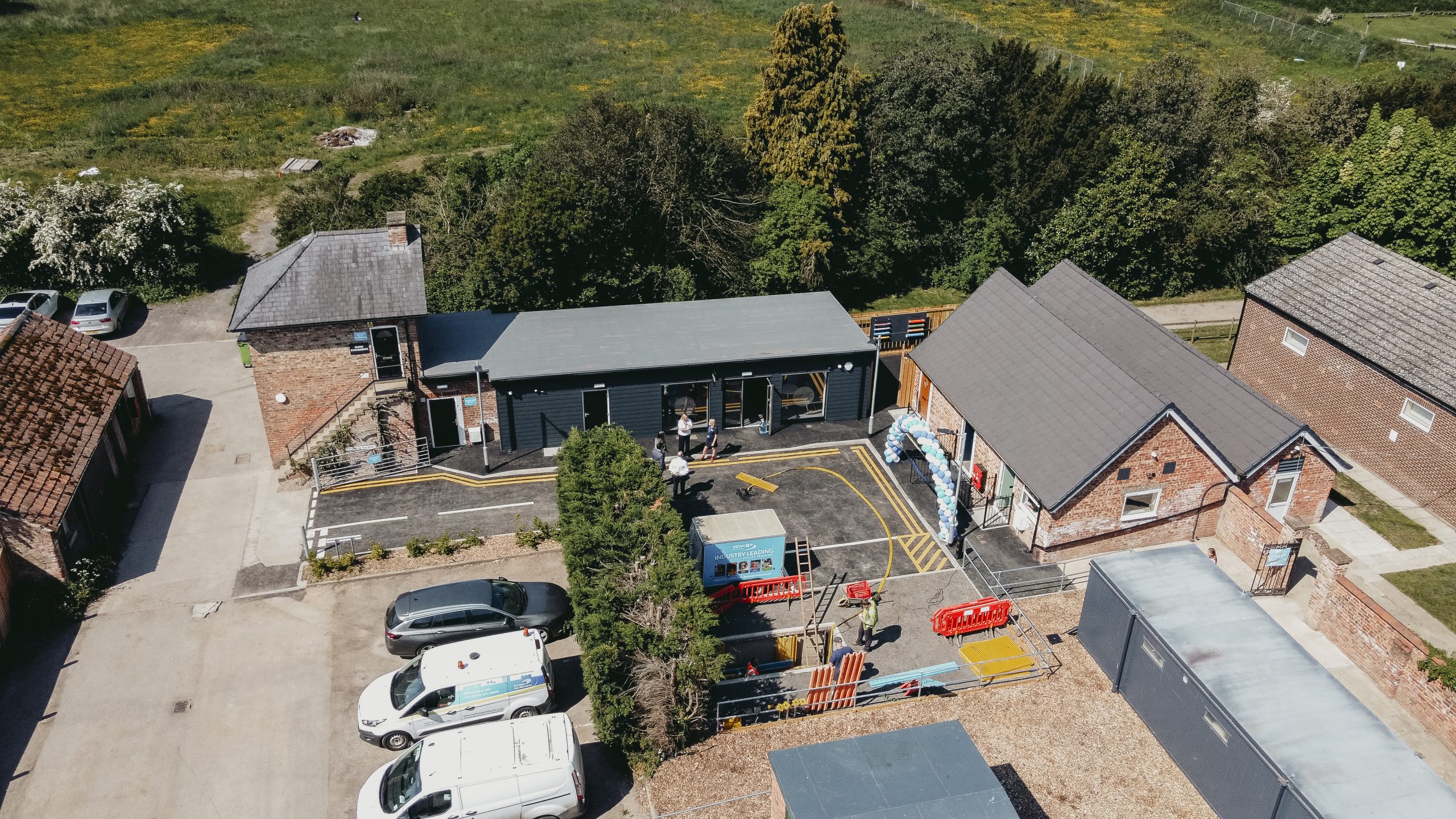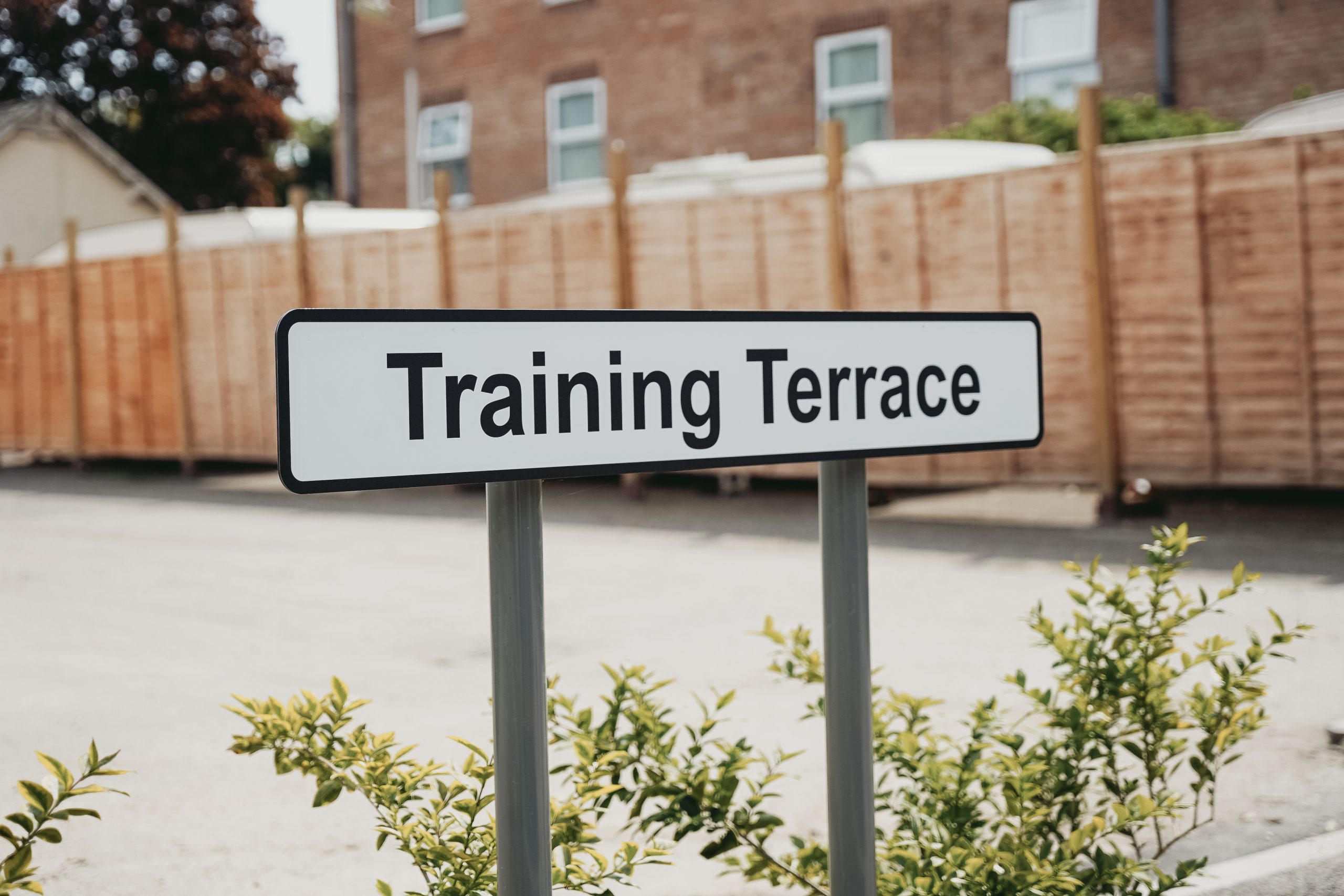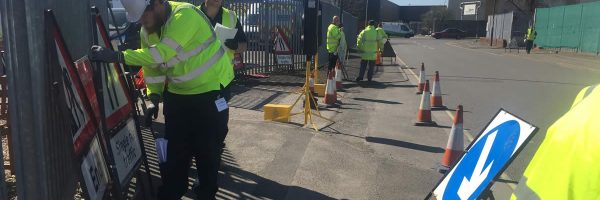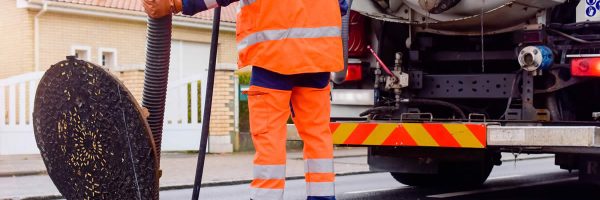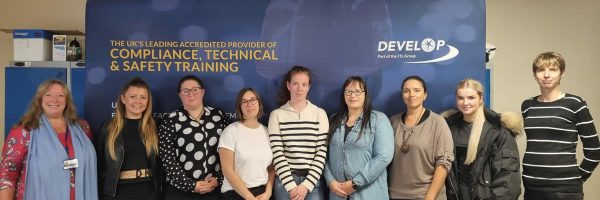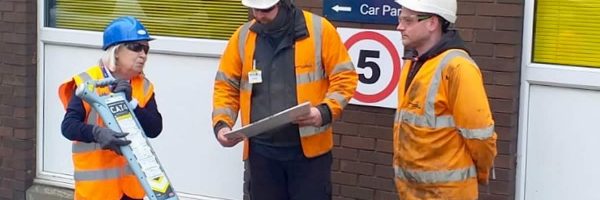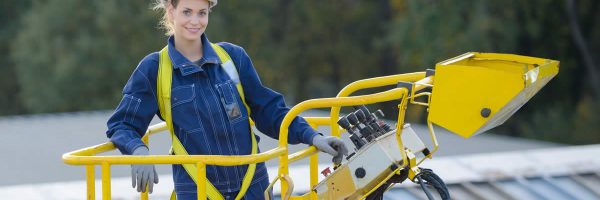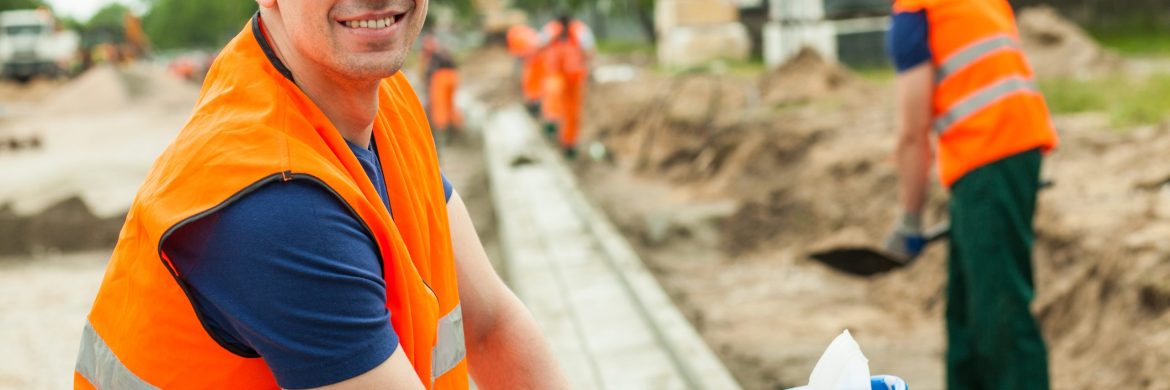Emotional Intelligence: The Secret Weapon for Exceptional Leadership in Public and Private Organisations
29 January 2024 Blogs
In today’s highly competitive and rapidly evolving business landscape, leadership effectiveness is not just an aspiration but a strategic imperative. Leaders are expected to navigate complex challenges, inspire their teams, and foster a positive organisational culture. To meet these demands, leaders need more than just technical skills; they require a high level of emotional intelligence (EI).
By understanding the impact of EI training and its various facets, businesses can unlock the potential for sustainable growth and resilience. Moreover, investing in EI training can lead to higher employee engagement, lower turnover rates, improved customer relations, and a more positive corporate reputation.
This article delves into the profound impact of emotional intelligence on leadership effectiveness in both private and public sector organisations, and gives insight into some of the requirements of implementing a successful EI training strategy.
What is Emotional Intelligence?
Emotional Intelligence (EI) is a set of skills and abilities related to the recognition, understanding, management, and use of emotions in ourselves and in our interactions with others. The term was first coined in 1990 by researchers John Mayer and Peter Salovey, but was later popularised by psychologist Daniel Goleman.
EI encompasses a wide range of emotional and social competencies that influence our behaviour, decision-making, and relationships. The most effective leaders consider emotional intelligence a critical skill to recognise and solve their team members’ problems.
EI can be broken down into several key components:
- Self-Awareness
- Self-Regulation
- Motivation
- Empathy
- Social Skills:
Emotional intelligence is considered a critical skill set in various aspects of life, including personal relationships, leadership, and workplace success. It plays a vital role in effective communication, conflict resolution, decision-making, and overall emotional well-being. High emotional intelligence is associated with better mental health, improved interpersonal relationships, and enhanced performance in both professional and personal realms. Employees with high emotional intelligence are more likely to stay calm under pressure, resolve conflict effectively, and respond to co-workers with empathy.
Leaders must lead by example
Effective implementation of EI training should be top-down, with leaders setting the example. Leaders set the tone of their organisation. Those who exhibit emotional intelligence not only serve as role models but also create a culture where EI is valued throughout the organisation. If they lack emotional intelligence, it could have more far-reaching consequences, resulting in lower employee engagement and a higher turnover rate.
Senior leaders, including the CEO, must model emotionally intelligent behaviours. However, this can be a challenge, as it requires a high level of self-awareness and a commitment to continuous growth. Leaders who prioritise emotional intelligence set the tone for the entire organisation and create an environment where EI is celebrated. An organisation led by a leader who lacks emotional intelligence cannot survive the tide of a complex business environment.
Mindfulness and Self-Awareness
Leaders’ mindfulness and high self-awareness are foundational to emotionally intelligent leadership. Mindfulness practices enhance self-awareness, allowing leaders to better understand their emotions and responses, ultimately leading to more effective decision-making and communication.
Voluntary Participation Enhances Engagement
Participation in EI interventions is most effective when it is voluntary. Learners must feel a genuine need, liking, or both, to learn, and spend the time and energy needed in developing their emotional intelligence. When individuals willingly invest their time and energy in such training, they are more likely to apply what they learn in their leadership roles. However, it’s essential to recognise that voluntary training may sometimes reach only those who are already inclined toward emotional intelligence.
Compassion-Driven Culture
A compassionate, rather than performance-driven, culture sets the stage for successful EI training transfer and consolidation in the workplace. When employees feel supported and valued, they are more likely to embrace and apply their emotional intelligence skills. Compassion fosters a sense of psychological safety that encourages open communication and collaboration.
Allowing Sufficient Time for Change
Organisations often seek quick results, but emotional intelligence development is a gradual process. Change, especially in larger organisations, tends to be incremental. It’s crucial to understand that the compound effect of small changes can lead to substantial improvements over time. Patience and commitment to the process are key.
Fostering a Supportive Community
Being part of or creating a supportive community can significantly aid leadership development. Such communities provide mentoring and networking opportunities, fostering empathy and influencing skills. This type of support helps to consistently motivate team members and leaders to put their best foot forward as well as helping to develop a strong bond between a leader and their team.
Experiential Learning and Coaching
Effective EI training should be experiential, rooted in self-reflection, and aligned with self-selected goals. Coaching can play a pivotal role in supporting individuals on their EI journey, as it encourages self-discovery and provides personalised guidance.
Transformational coaching is particularly valuable for EI development. It activates positive emotions, which are essential for learning transfer and intentional change. Positive affect enhances motivation and fosters a growth mindset, enabling leaders to embrace and apply their emotional intelligence skills more effectively.
Develop’s Organisation Development Consultant’s have been developing a six-month Coaching & Mentoring programme that aims to provide opportunities to develop, practise and apply the coaching and mentoring thought processes, techniques and tools. This six-month programme will consist of monthly group sessions and 1-2-1 coaching. It has been designed to take leaders through the experience of being coached and undergoing deep self-analysis.
Individuals who partake in the course will get the opportunity to develop their listening and observation skills, empathy, communication, influencing and other supporting skills for coaching and mentoring management and leadership.
Register your interest here to find out more about the programme when it is released: https://resources.developtraining.co.uk/mentoring-coaching-leadership-register-interest
Risks of Internal Coaching
Internal coaching can be challenging due to the pressure internal coaches face while juggling their daily responsibilities. Insufficient support from leadership can also hinder the effectiveness of internal coaching efforts. Consider external coaching options when these challenges are present.
Conclusion
Emotional intelligence is a game-changer in leadership effectiveness, both in the private and public sectors. To harness its full potential, organisations must commit to voluntary, multi-level, and spaced-out EI training. They should prioritise resonant leadership, compassion-driven cultures, and senior leaders as role models.
Additionally, transformational coaching, mindfulness, and supportive communities are invaluable tools in fostering emotionally intelligent leadership.
In short, the insights offered here provide actionable strategies for businesses to create a leadership culture that drives performance, adaptability, and long-term success.
Investing in emotional intelligence is an investment in the future success of any organisation.
Does your organisation need help with mentoring & coaching leaders?
We can help.
Click here to browse our range of ‘off the shelf’ Leadership & Management training programmes.
Register your interest here to find out more about the Coaching & Mentoring programme when it is released: https://resources.developtraining.co.uk/mentoring-coaching-leadership-register-interest
Alternatively, we are highly experienced in developing bespoke training programmes for organisations across a wide variety of industries. Simply get in touch with our Customer Service team on 0800 876 6708 or enquiries@developtraining.co.uk and a member of our Leadership & Management team will call you back to discuss your unique needs.
In the meantime, why not take a look at a recent leadership programme we developed for National Grid. Click here to view.
About the Author



